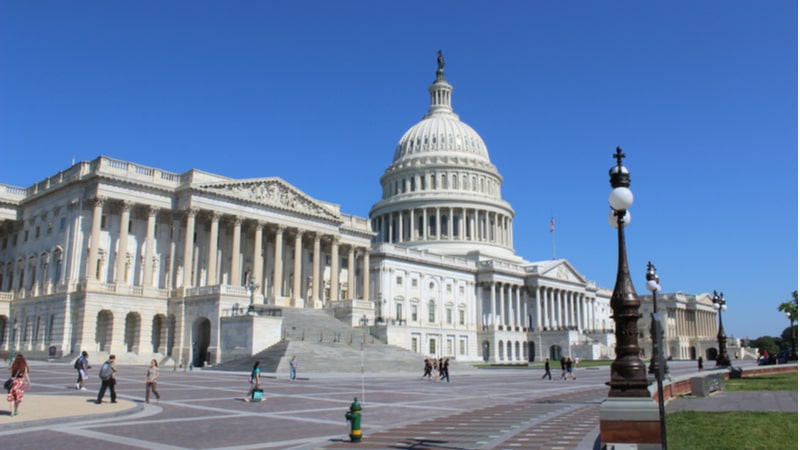
After an unusually noisy holiday news week, here’s a quick catch-up:
Federal Government Operations Funded Through September 2021
After threatening to derail a combined $2.3 trillion spending bill, President Trump on Dec. 27 signed combined FY 2021 government funding and COVID relief legislation. The President’s stated objections mostly involved the size of relief checks to be distributed to citizens under the $900 billion relief portion of the legislation, rather than specific items in the $1.4 billion government funding bill.
On the government funding front, the President’s signature on the legislation averted a government shutdown on Dec. 28. The bottom line is that Federal government agencies are now funded through Sept 30, 2021.
The COVID relief portion of the legislation will keep the Small Business Administration (SBA) busy with a new round of Paycheck Protection Program disbursements. Other tech-related items in the bill include $7 billion for broadband deployment and service subsidies and $1.9 billion to pay for the removal of Huawei and ZTE equipment from U.S. communications networks.
Executive Order Delivers 1 Percent Civilian Pay Raise
President Trump on Dec. 31 issued an executive order that will give all Federal government civilian employees a one percent pay raise in 2021, effective January 1. The Trump administration had proposed the civilian pay increase in its FY2021 budget submissions, but in late November told the Senate Appropriations Committee that it supported a pay freeze for Federal civilian employees.
House, Senate Override Presidential Veto of NDAA
The House on Dec. 28 and the Senate on Jan. 1 voted to override President Trump’s Dec. 23 veto.
veto of the FY2021 National Defense Authorization Act (NDAA). The override – by a vote of 327-87 in the House and 81-13 in the Senate – had been expected as the bill was originally approved in both Houses by veto-proof majorities.
President Trump had objected to the $740 billion measure because it did not contain a provision to remove liability protections for online content companies under Section 230 of the Communications Decency Act – a law that is unrelated to military affairs. He also objected to an NDAA provision that calls for renaming military bases that are now named for Confederate generals.
